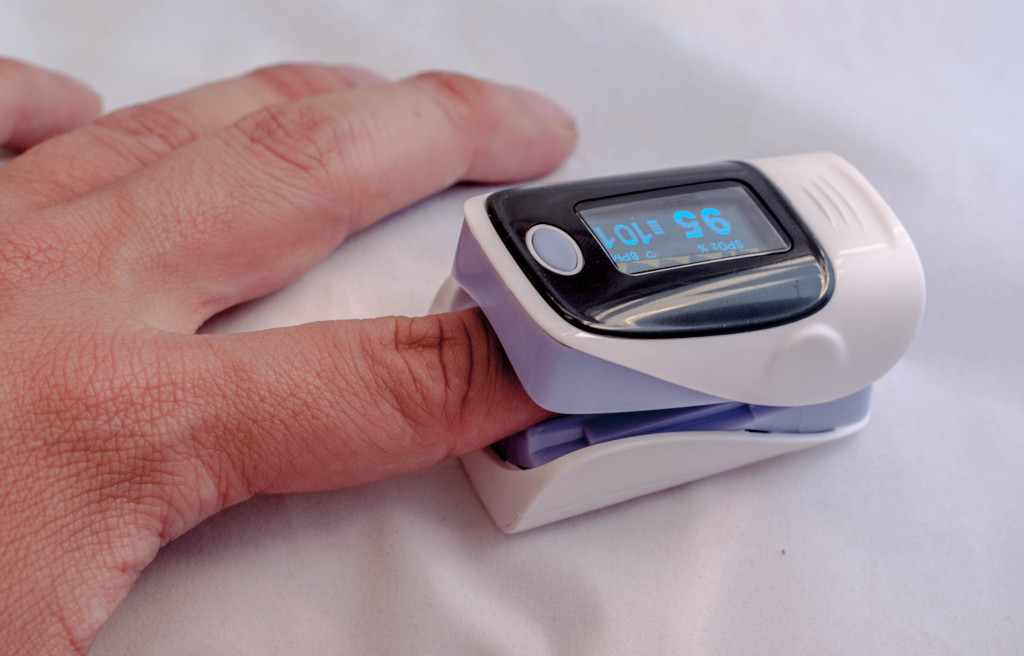Everyone will reach out for a first-aid kit at one point in their life. Whether you cut your finger while slicing onions or you slipped and bumped your knees on the pavement, that first-aid kit is going to save you from a lot of pain. But in many instances, too, that kit can save a life—a kid who fell down the stairs, a house guest who suddenly had an asthma attack, or you who have suddenly developed skin rashes while on vacation in the Brazilian Amazon.
It’s funny when you think about how these things didn’t matter when you were kids. But now, every time you find yourself in the pharmacy, you go to the first-aid section to replenish your stocks. There is a pack of band-aids, a bottle of cough syrup, eyewash, tweezers, plasters, and antiseptic creams and ointments. In fact, your family is always joking about how you have a mini emergency room at home.
What does your kit contain? At the very least, it should have plasters and adhesive tapes, cold packs, sterile pads, and some ointments for burns in the kitchen. How many times has hot oil scalded your skin because you were frying pork? How about the time that you sliced your palm open while taking the skin off a peach? The first-aid kit will come to mind when these things happen. Don’t forget to stock them with all the important items, so you never have to scramble when you have a gushing wound on your knee.
But do you know that more than sterile pads and band-aids, you also need some other medications and testing kits in that bag? People are beginning to realize that home kits can diagnose a lot of illnesses and conditions. Even before they go to the doctor, it’s important to understand what you might be facing.
Self-testing Kits
A home test is an effective, cheap, and easy-to-use device designed to detect medical conditions in people. The most popular home testing kit is the pregnancy test. It is 99% accurate, which means that if you test positive/negative here, that’s the most likely result even if you go to the doctor’s office. Thankfully, the pregnancy test is not the only self-testing kit available now.
You can also get the best at-home colon cancer test for the early detection of colon problems. These are almost 80% effective in most cases. The idea is to get an accurate depiction of your health status. This way, the doctors can have an easier time diagnosing your condition and coming up with the right intervention through additional confirmatory tests, procedures, medications, and treatments.
Aside from a self-testing colon cancer kit, you can also get home testing kits for anemia, urinary tract infection, intolerance and celiac, cholesterol and triglycerides, fertility, blood sugar, and diabetes and glucose. You can get the results in as fast as ten minutes. It will put your mind at ease or put you on alert. Either way, isn’t it always nice to get answers to the burning questions in your mind?
Coronavirus

Because the pandemic was unprecedented, people were not prepared how to handle it at home. Those without symptoms or mild symptoms are asked to quarantine and isolate at home. But they do need a couple of things to add to their first-aid kit. The first one is the digital thermometer, although most should already have this, and the second one is the pulse oximeter. The latter measures the oxygen level in your blood. It’s a non-invasive device that clips on your earlobe or finger.
The oximeter has been a critical device during the pandemic. For one, many people exhibit no symptoms like coughing and fever but are actually sicker than those with mild symptoms. People can have the coronavirus without exhibiting the usual symptoms and then have their oxygen levels dropped on the 11th or 12th day. This has been known to happen in a lot of COVID-19 patients. This is why an oximeter will tell you when you should go to the emergency room (it’s when your oxygen level dropped below 93).
Remember that your first-aid kit can spell the difference between life and death at home and on the road. It will help you decide what interventions are needed and whether the condition is something you can hold off for a while. In as so far as the past year is concerned, first-aid devices such as the thermometer and pulse oximeter have empowered COVID-19 patients to stay in tune with what their bodies are telling them.
